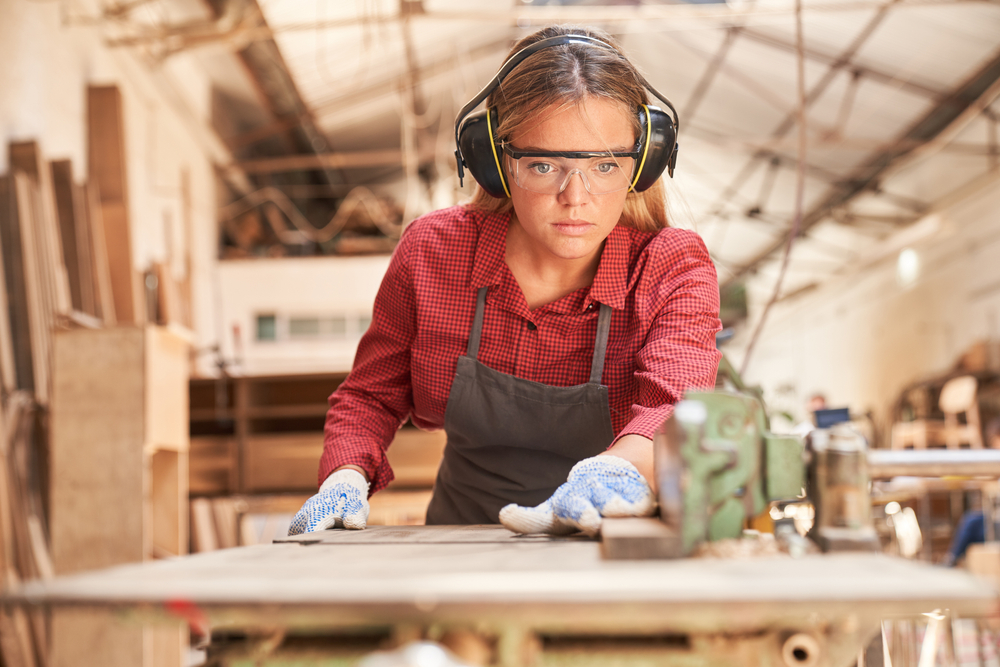
Hearing protection plays an essential role in protecting your ears against damaging noise levels, whether at work, concerts, or even while doing DIY projects at home. However, you could be left exposed to potential risks if any one of several possible factors interferes with your hearing protection’s effectiveness. Understanding these problems can help you address them proactively and maximize the benefits of your protective gear.
Why hearing protection fails: common scenarios
Unexpected difficulties will occur even when you maintain best practices. You keep away from overly loud situations as much as possible, use earplugs at concerts, and diligently use earmuffs at work. However, the efficiency of your hearing protection can be reduced by certain variables. Fortunately, by recognizing these common pitfalls, you can make informed adjustments to ensure your hearing is always well-protected.
1. Selecting the wrong hearing protection for the situation
Hearing protection isn’t one-size-fits-all, and choosing the wrong type for a given setting can reduce its effectiveness.
Generally, hearing protection falls into two main categories:
- Earmuffs: Larger devices that cover the entire ear, resembling headphones.
- Earplugs: Small, flexible inserts that fit snugly inside the ear canal.
There is an optimal type for each situation:
- Earmuffs are better for situations with periodic noise, like a construction site where machinery starts and stops constantly.
- Settings with a constant noise threshold, like a factory floor or the cabin of an airliner, are the ideal times to use earplugs.
If you’re in a quiet setting and need to temporarily remove your hearing protection, earmuffs are easier to deal with. Disposable earplugs, in contrast, can leave you vulnerable to hearing damage because they can be easily misplaced. Picking the right hearing protection for your requirements is the first step toward protecting your hearing effectively.
2. Fit and function are affected by anatomy
Every individual’s ears are unique, which means not all hearing protection devices will fit everybody equally well. Standard earplugs and earmuffs are usually designed with average dimensions in mind, but your ear anatomy might require a more customized solution.
- Smaller ear canals: The noise-blocking ability of standard-sized earplugs might not be effective if smaller ear canals impede the formation of a proper seal.
- Larger ear structures: Earmuffs may be uncomfortable if your ears are larger than average causing gaps in the seal.
If your hearing protection doesn’t fit properly, you could become discouraged and choose to quit using them altogether which can endanger your hearing. If you spend substantial time in loud settings, consider investing in custom-molded earplugs or professionally fitted earmuffs. These personalized solutions provide optimal comfort and effectiveness, ensuring you remain protected in any situation.
3. Ignoring routine upkeep and replacement
Like any piece of equipment, hearing protection devices need maintenance to continue to be effective. Their ability to supply adequate protection can be jeopardized by things like incorrect cleaning, wear and tear, and failure to replace them when necessary.
The following are a number of tips on how to care for hearing protection:
- Clean Properly: Debris and earwax can build up on your hearing protection over time. Wash them regularly using manufacturer-recommended techniques to ensure cleanliness without damaging the material.
- Check for Damage: Inspect the elastic band on earmuffs frequently. A loose or stretched band can decrease their snug fit, lowering their noise-blocking ability.
- Replace Cushions: Over time, earmuff cushions can lose their flexibility. Replace them as needed to maintain a proper seal.
Your hearing protection will be less effective and possibly useless if you ignore these basic maintenance tasks. In order to ensure consistent and efficient performance, and to extend their lifespan, it’s crucial to keep these regular maintenance routines.
The advantage of a hearing specialist
If you’re unsure whether your hearing protection is getting the job done, schedule an assessment appointment with us. We can examine your present devices, suggest alternatives, and even offer custom solutions tailored to your specific requirements.
Protecting your hearing is a lifelong commitment, and it’s worth the effort to ensure you’re using the proper tools for the job. You can safeguard and preserve your hearing for many years by addressing these common challenges.